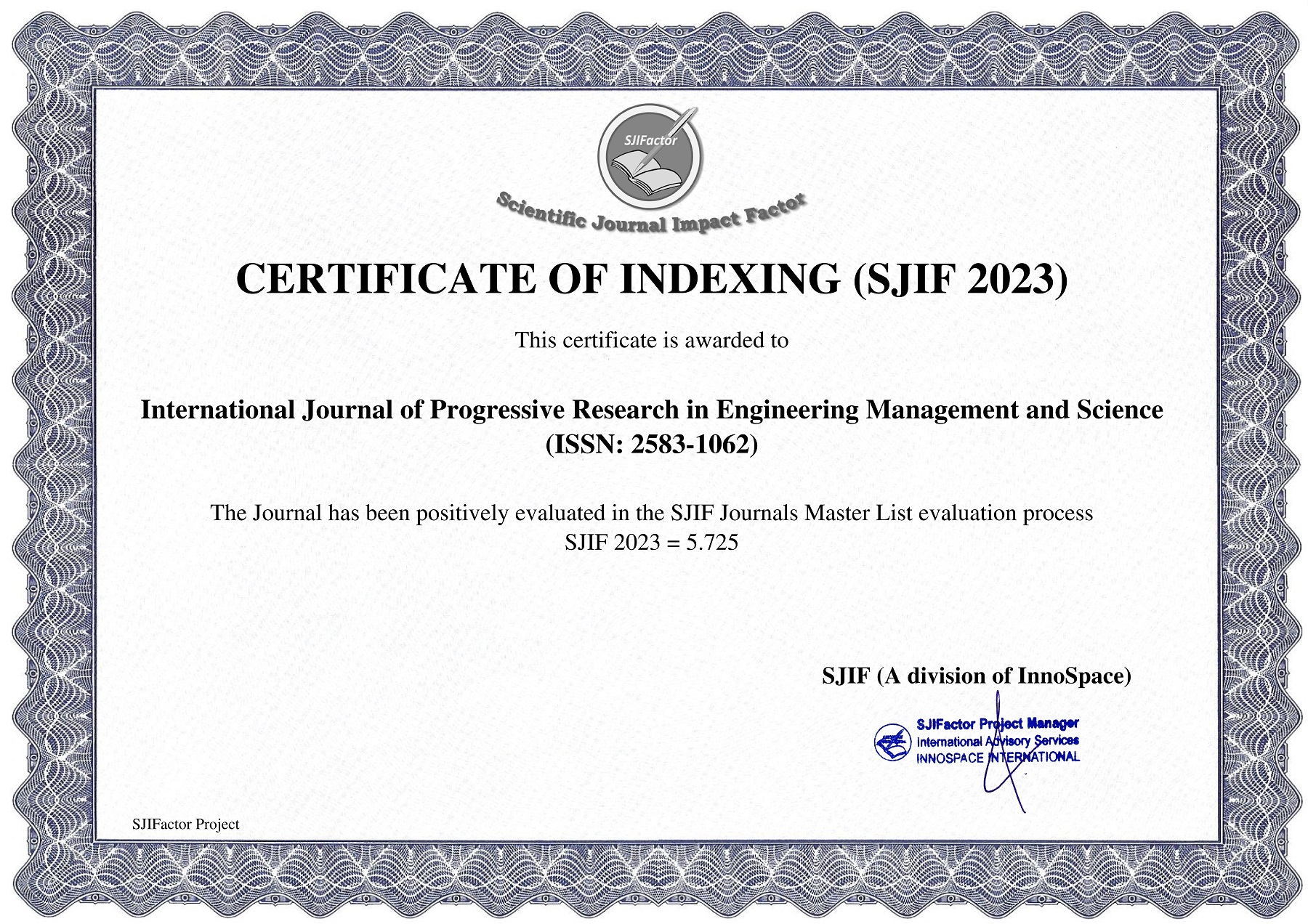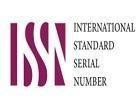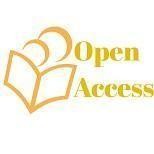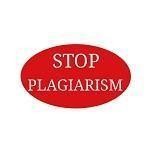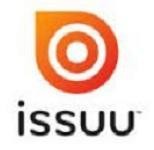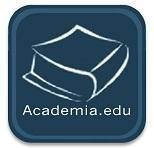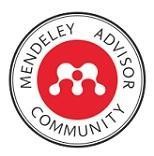IJPREMS Journal encourage the best standards of publication ethics and take all possible measures against publication malpractices. These guidelines are fully consistent with the COPE Principles of Transparency and Best Practice Guidelines and the COPE Code of Conduct. More details can be found here: https://publicationethics.org.
As an essential issue, publication ethics needs to be explained clearly to improve the quality of the research worldwide. In this part, we explain the standard for editors, authors, and reviewers. Publisher don’t have right to interfere with the integrity of the contents and only support to publish in timely manner. .
EDITORIAL RESPONSIBILITIES
- 1- The Editors’ decisions to accept or reject a manuscript for publication should be based on the importance, originality, clarity, and relevance of the paper. Editors should process manuscripts submitted in a timely manner.
-
- 2- Editors should ensure that appropriate reviewers are selected for submissions (i.e. individuals with relevant expertise capable of critically evaluating the manuscript, who have no competing interests). Editors highlight the need for all reviewers to be objective in their evaluation.
-
- 3- Any manuscripts received for review must be treated as confidential documents. They must not be shown to or discussed with others except as authorized by the editor.
-
- 4- The editor should be responsible for deciding which of the articles submitted to the journal should be published.
-
- 5- The editor may be guided by the policies of the journal's editorial board and constrained by such legal requirements, copyright infringement and plagiarism.
-
- 6- Editors should have no potential conflicts of interest with regard to the manuscript (with respect to the research, authors and/or research funders).
-
- 7- Editors and members of the editorial staff should not reveal the identity of reviewers prior to or following publication of the manuscript.
-
- 1- Peer review assists the editor in making editorial decisions and through the editorial communications with the author may also assist the author in improving the paper.
-
- 2- Peer review is an essential component of formal scholarly communication. Authors who wish to contribute to publications have an obligation to do a fair share of reviewing.
-
- 3- Reviewers need to comment on ethical questions and possible research and publication misconduct.
-
- 4- Reviewers will do the work in timely manner and should notify editor if they cannot complete the work.
-
- 5- Reviewers need to keep the confidentiality of the manuscript.
-
- 6- Privileged information or ideas obtained through peer review must be kept confidential and not used for personal advantage
-
- 7- Reviews should be conducted objectively. Personal criticism of the author is inappropriate. Referees should express their views clearly with supporting arguments.
-
- 8- Reviewers should identify relevant published work that has not been cited by the authors. Any statement that is derived from the previously reported observation or argument should be accompanied by relevant citation.
-
- 9- A reviewer should also call to the editor's attention any substantial similarity or overlap between the manuscript under consideration and any other published paper of which they have personal knowledge
-
- 10-Any selected referee who feels unqualified to review the research reported in a manuscript or knows that its prompt review will be impossible should notify the editor and excuse him or herself from the review process.
-
AUTHORS RESPONSIBILITIES
1- The research being reported should have been conducted in an ethical and responsible manner and should comply with all relevant legislation -
- 2- Researchers should present their results clearly, honestly, and without fabrication, falsification or inappropriate data manipulation
-
- 3- The corresponding author should ensure that all appropriate co-authors and no inappropriate co-authors are included on the paper, and that all co-authors have seen and approved the final version of the paper and have agreed to its submission for publication
-
- 4- Authorship should be limited to those who have made a significant contribution to the conception, design, execution, or interpretation of the reported study
-
- 5- All those who have made significant contributions should be listed as co-authors
-
- 6- Author(s) should not engage in plagiarism nor self-plagiarism.
-
- 7- Authors are required to agree with this open access policy which enables unrestricted access and reuse of all published articles.
-
- 8- A paper should contain sufficient detail and references to permit others to replicate the work. Fraudulent or knowingly inaccurate statements constitute unethical behaviour and are unacceptable.
-
- 9- Authors may be asked to provide the raw data in connection with a paper for editorial review. and should be prepared to provide public access to such data, if practicable, and should, in any event, be prepared to retain such data for a reasonable time after publication. The authors are responsible for data reproducibility.
-
- 10-The authors should ensure that they have written entirely original works, and if the authors have used the work and/or words of others, that this has been appropriately cited or quoted.
-
- 11-An author should not in general publish manuscripts describing essentially the same research in more than one journal or primary publication. Submitting the same manuscript to more than one journal concurrently constitutes unethical publishing behaviour and is unacceptable. In general, an author should not submit for consideration in another journal a previously published paper.
-
- 12-When an author discovers a significant error or inaccuracy in his/her own published work, it is the author´s obligation to promptly notify the journal editor or publisher and cooperate with the editor to retract or correct the paper. If the editor or the publisher learns from a third party that a published work contains a significant error, it is the obligation of the author to promptly retract or correct the paper or provide evidence to the editor of the correctness of the original paper.
-
- Editors and reviewers will ensure that articles submitted to the journal are original studies which have not been submitted anywhere else. Manuscripts will be fairly and objectively reviewed; authors will receive corrections and suggestions relatively quickly depending on the availability and expertise of reviewers.
-
DUTIES AND RESPONSIBILITIES OF REVIEWERS
DEALING WITH POTENTIAL MISCONDUCT
Editors have a duty to take action if they suspect misconduct or if an allegation of misconduct is notified to them. This duty extends to both published and unpublished papers. Editors should not merely reject papers that raise concerns over potential misconduct. They are ethically obliged to pursue alleged cases.Editors should first seek a response from those suspected of misconduct. If they are not satisfied with the response, they should ask the relevant employers, or institution, or other appropriate body to investigate. Editors should make all reasonable efforts to ensure that a proper investigation into alleged misconduct is conducted; should the latter not take place, editors should make all reasonable attempts to obtain a resolution to the problem.
PLAGIARISM
Manuscript submissions are checked for intellectual property protection and document-versus-document(s) analysis to satisfy the Editor that the submitted manuscript has not been plagiarised. However, when authors submit their manuscripts for consideration in the Journal, they declare that their work is not plagiarised. While the Editor makes reasonable efforts to determine the academic integrity of papers published in the Journal, ultimate responsibility for the originality of submitted manuscripts thus lies with the author.
Plagiarism takes place when one author deliberately uses another’s work without permission, credit, or acknowledgment. Authors must always remember that crediting the work of others (including your advisor’s or your own previous work) is paramount. Authors should always place their work in the context of the advancement of the field, and acknowledge the findings of others on which you have built your research.
ETHICAL OVERSIGHT
If the research work involves chemicals, humans, animals, procedures, or equipment that have any unusual hazards inherent in their use, the author must identify these in the manuscript to obey the ethical conduct of research using animals and human subjects. If required, the Authors must provide legal, ethical clearance from the association or legal organization. If the research involves confidential data and of business or marketing practices, authors should clearly justify this matter whether the data or information will be hidden securely or not.
DISCLAIMER
The Editorial Board of IJPREMS JOURNAL make every effort to ensure the accuracy of all the information (the “Content”) contained in its publications. However, the Editors and Reviewers of IJPREMS Journal make no representations or warranties whatsoever as to the accuracy, completeness or suitability for any purpose of the Content and disclaim all such representations and warranties whether express or implied to the maximum extent permitted by law. Any views expressed in this publication are the views of the authors and are not necessarily the views of the Editors of IJPREMS Journal


